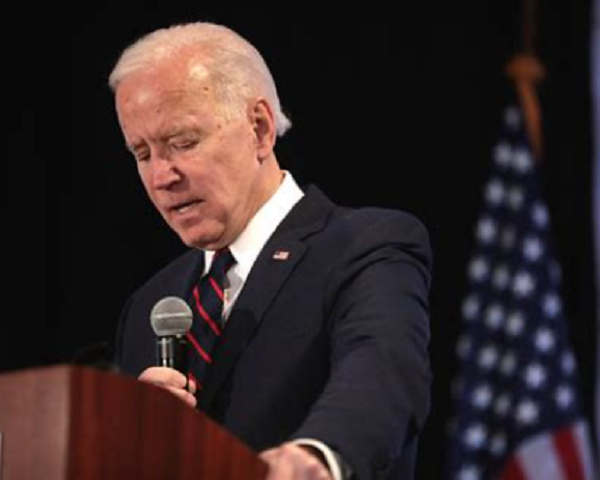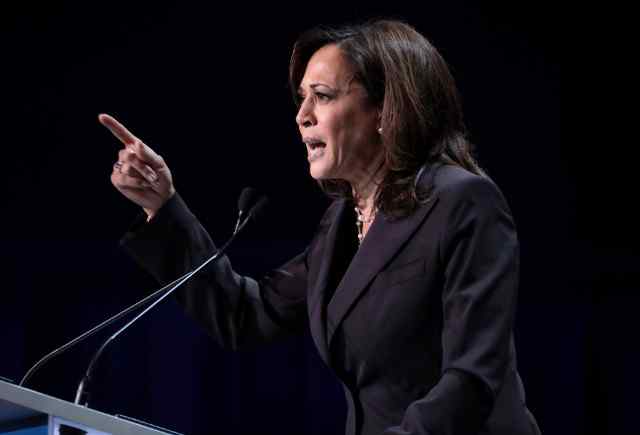On Sunday, Washington was left in a state of collective shock as more details emerged about Defense Secretary Lloyd Austin’s hospitalization in the intensive care unit. What is particularly concerning is that Austin failed to disclose this information to the president, the national security adviser, members of Congress, and the public. This disclosure raises serious questions not only about Austin’s judgment but also about President Joe Biden’s awareness of his defense secretary’s incapacitation for several days. This is especially troubling considering the escalating military tensions between U.S. troops and Iran-backed proxy groups in the Middle East, which could potentially lead to a larger crisis.
Just last Thursday, the U.S. issued a warning to the Houthis to cease targeting U.S. military and commercial ships in the Red Sea. On the same day, the U.S. military carried out a drone strike that resulted in the death of an Iran-backed militia leader in Iraq. These events now raise questions about who authorized that strike.
Furthermore, the Pentagon’s refusal to disclose the reason for Austin’s hospitalization, citing a need for “privacy,” only adds to the chaotic situation.
Austin on Saturday himself issued a statement stating he would do “better job ensuring the public was appropriately informed.”
“I commit to doing better,” he said, adding, “But this is important to say: this was my medical procedure, and I take full responsibility for my decisions about disclosure.”
Nevertheless, the statement failed to provide an explanation as to why he had not informed President Joe Biden or National Security Adviser Jake Sullivan. Throughout the weekend, a series of revelations emerged, each appearing to be more concerning than the previous one.
According to CNN’s report on Saturday, it was revealed that Austin had not even informed his own deputy, Deputy Defense Secretary Kathleen Hicks, about his hospitalization until Thursday, January 4. This was despite the fact that he had transferred some of his responsibilities to her on January 2.
NBC News later reported that Hicks was on vacation in Puerto Rico at the time, raising questions about the duties Austin had delegated to her, her level of knowledge, and why she did not immediately return to Washington. CNN stated that even after being informed of Austin’s hospitalization and despite him resuming full responsibilities on Friday, Hicks chose to remain in Puerto Rico.
Some officials from the Department of Defense were allegedly informed by Austin’s aides that he was working from home.
The lack of transparency surrounding these events has sparked outrage from both Republicans and Democrats.
“Several questions remain unanswered including what the medical procedure and resulting complications were, what the Secretary’s current health status is, how and when the delegation of the Secretary’s responsibilities were made, and the reason for the delay in notification to the President and Congress,” Chairman Mike Rogers (R-AL) and Ranking Member Adam Smith (D-WA) said in a joint statement.
“Transparency is vitally important. Sec. Austin must provide these additional details on his health and the decision-making process that occurred in the past week as soon as possible,” they added.
The dereliction of Austin has been deemed “shocking” by multiple senators responsible for overseeing the Pentagon.
“We are learning more every hour about the Department’s shocking defiance of the law,” the top Republican on the Senate Armed Services Committee Sen. Roger Wicker (R-MS) said in a rare Saturday statement, called for a briefing from the Pentagon “immediately.”
Senators further inquired about the individual responsible for issuing U.S. military directives during Austin’s hospitalization. This authority, known as the National Command Authority, is bestowed upon the president and the defense secretary.
“When one of the country’s two National Command Authorities is unable to perform their duties, military families, Members of Congress, and the American public deserve to know the full extent of the circumstances,” Wicker added. “Members must be briefed on a full accounting of the facts immediately.”
Sen. Tom Cotton (R-AR), a member of the Senate Armed Services Committee, emphasized the pivotal role of Austin as the linchpin in the nuclear chain of command.
“The Secretary of Defense is the key link in the chain of command between the president and the uniformed military, including the nuclear chain of command, when the weightiest of decisions must be made in minutes. … There must be consequences for this shocking breakdown,” Sen. Tom Cotton (R-AR), who also sits on the Senate Armed Services Committee, said in a statement.
The deep state doesn’t bother telling Biden that his Secretary of Defense was hospitalized and out of commission for 4 days because they know he can’t comprehend what that means anyway and they think they’re the ones in charge and don’t need to follow the legal chain of command! https://t.co/D2WENRchzf
— Donald Trump Jr. (@DonaldJTrumpJr) January 7, 2024
The Commander-in-Chief is a Weekend-at-Bernie's corpse.
The Secretary of Defense was in the ICU in an undisclosed medical crisis & didn't tell his boss or anyone else – for days.
The Deputy Secy of Defense was sipping umbrella drinks on vacay in Puerto Rico.
ENOUGH IS ENOUGH…
— Monica Crowley (@MonicaCrowley) January 7, 2024
https://twitter.com/marcthiessen/status/1744056242580979890
https://twitter.com/marcthiessen/status/1744056242580979890







